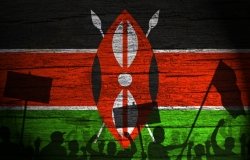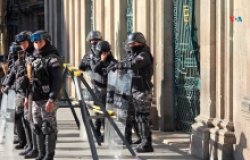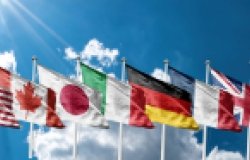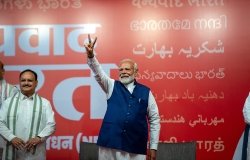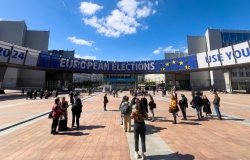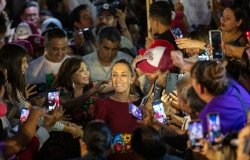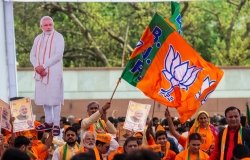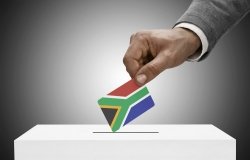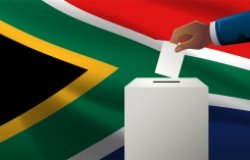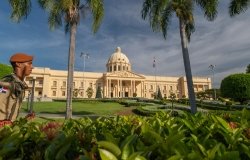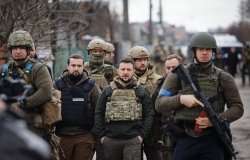Building a New Iraq: Women's Role in Reconstruction
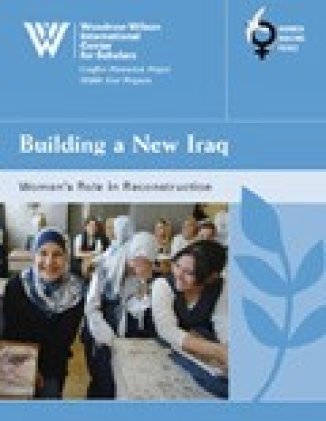

Iraq’s progress toward democracy has been marred by violence, delays in reconstruction, and only intermittent nurturing of civil society. Despite these formidable obstacles, many Iraqis labor tirelessly for peace and stability. Among those strongly committed to a more stable Iraq are the country’s women, who face an ongoing, uphill battle for political representation. In the face of challenges, women leaders remain committed to ensuring their voices are heard in the new Iraq.
The Conflict Prevention Project and the Middle East Program of the Woodrow Wilson International Center for Scholars (“the Wilson Center”) and Women Waging Peace (“Waging”) have worked with a wide range of institutions and individuals to encourage women’s full participation in Iraq’s reconstruction. They have helped the country’s women leaders identify key priorities for ensuring security, promoting democracy and good governance, advancing women’s economic rights and empowerment, building the body of constitutional law and legislation, and fostering the development of a vibrant civil society.
CONTENTS:
Introduction
Women in Iraqi Society
- The Struggle Continues: Resolution 137
“Building a New Iraq: Women’s Role in Reconstruction”
Washington DC
November 10–19, 2003
- a. World Bank - November 10–11, 2003 13
- b. Woodrow Wilson International Center for Scholars - November 12–14, 2003
Findings and Conclusions
- c. American Bar Association - Central European and Eurasian Law Initiative - November 15–19, 2003
“Translating Experiences From Abroad”
Amman, Jordan
December 7–14, 2003
“Leaders from Iraq Discuss What Comes Next”
Washington DC
March 12, 2004
“Building a New Iraq: Women’s Role in the Political Process”
Beirut, Lebanon
July 11–13, 2004
Iraqi Participants’ Biographies
List of Resources
Related Program

Middle East Program
The Wilson Center’s Middle East Program serves as a crucial resource for the policymaking community and beyond, providing analyses and research that helps inform US foreign policymaking, stimulates public debate, and expands knowledge about issues in the wider Middle East and North Africa (MENA) region. Read more

